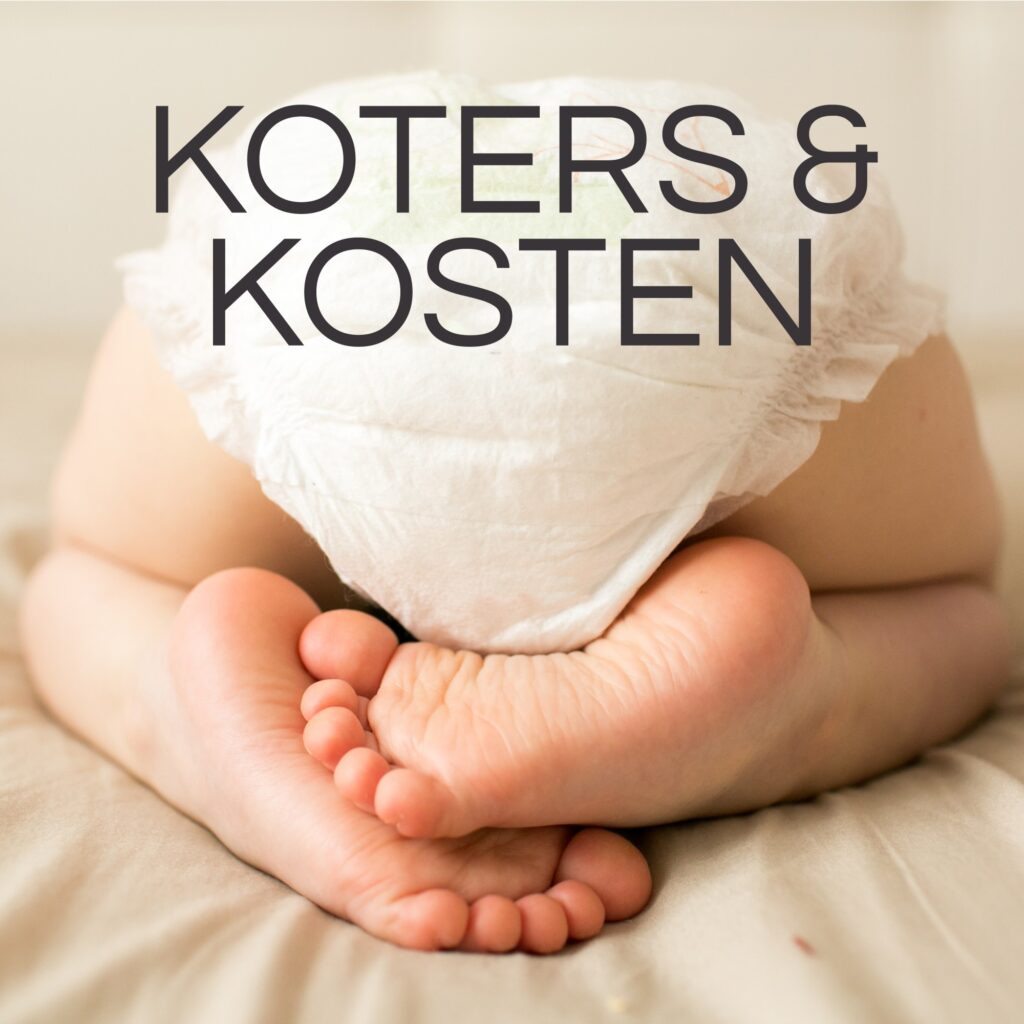This is how big the financial impact of the corona crisis is on women

Meekly, everyone headed home in March 2020. See you in a week or maybe two? But the corona crisis proved to be fiercer, more solid and larger. Not only in time, coronagraphs and deaths, but also in the economic impact on women. For example, the European Parliament is concerned about the impact of the corona crisis on gender equality. Not only about development, but also about the results achieved.
Rock bottom
Did you know that anno 2021, women are still more likely to take time off to care for someone than men? From children with boogers to informal care for a family member, it is more often women who provide care. It’s no surprise when you consider that nine times out of 10, mothers still get calls from school, even though fathers are at the top of the call list. An interesting fact I discovered in the book Why Women Work Less Than Men by Liesbeth Staats. At the beginning of the corona crisis, there seemed to be a trend of unpaid work being more evenly distributed. But soon traditional roles proved intractable. The result? Financial catch-up seems to be receding.
But how is such a thing possible? It’s pretty simple. Women are more likely to work in the sectors that are now rock-bottom. Think contact professions, culture, shopping and, of course, hospitality. Add in temporary contracts and part-time jobs and you have the recipe for more economic inequality. Yes but healthcare and education then, you may be thinking now. Jobs in those sectors may be secure, but the workload is only higher, which is just as worrisome.
Engage
Exactly that gender disparity is costing us income anyway, according to recent research by ABN AMRO. An average household misses out on 1,000 euros a year because the tasks at home are not divided equally. This is not just about unpaid work by the way, paid work also counts. Chantal Korteweg, director of Inclusive Banking at ABN AMRO, explains clearly: “This form of inequality is now costing us money as a society. Moreover, by redistributing unpaid and paid work between women and men, we as a society become more productive, it shows. Nobody has to work more hours, the work is just distributed differently. That is exactly what makes the Netherlands more productive. AND also ensures a higher average income per household.” Not making more hours, but still making more money? That sounds like something partners would do well to have a conversation about. With the shift from unpaid to 25 percent more paid work by women, and the 17.1 percent less work by (mostly) the man, a family improves per year at the bottom of the line.
The wry thing is that inequality in the distribution of paid work often lies with a company as well. If taking partner leave already creates a skewed face from the employer, how do you ever balance the paid work? Have the conversation with your partner and clearly define what value it has, psychologist Nienke Nijman told us in an interview about financial inequality. With the long-term concerns about women that the European Parliament has, it is not at all crazy to start that conversation now.
The ‘red flags‘
Indeed, the European Parliament is deeply concerned about progress made in gender inequality, which would be directly jeopardized by the corona crisis. Wait, what? This does indeed mean that achievements made could disappear because of this crisis. Back to square one, the same sheet and suit as before. How so? It is women who struggle with greater job insecurity, are more likely to work part-time and have to combine children’s math classes with a job. And therefore more likely to lose their jobs.
They are endless red flags that indicate that right now, while the corona crisis is still in full swing, it is important to take care of yourself financially. Within your relationship, at work and most importantly: for yourself.
Also read: the interview with relationship therapist Nynke Nijman on what you can do about financial dependency in your relationship.




